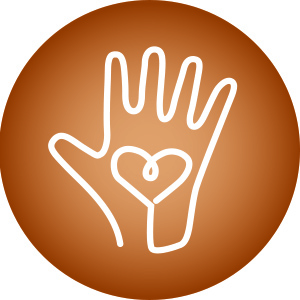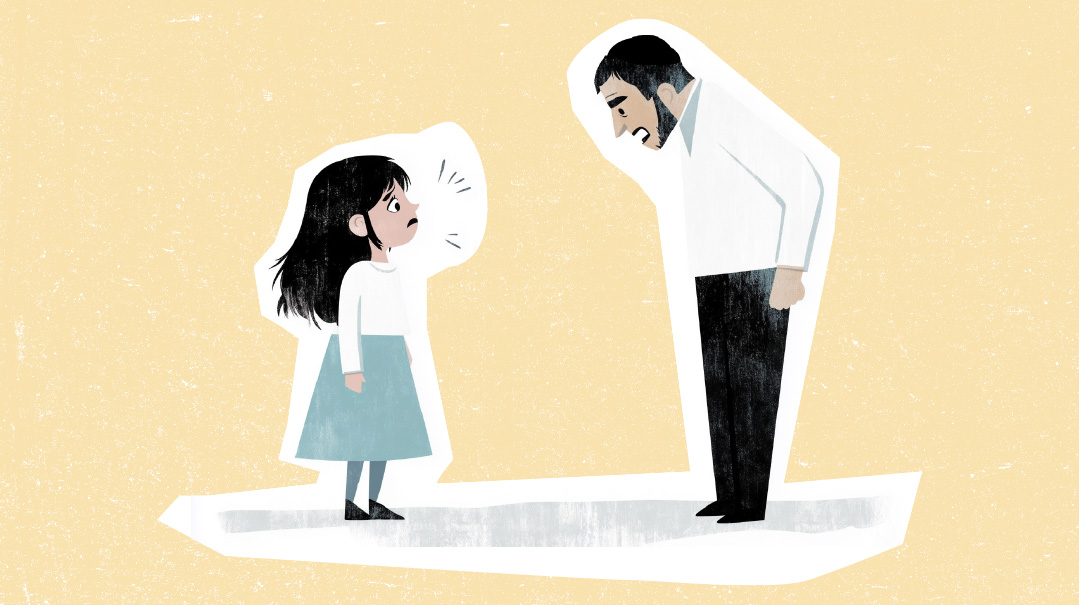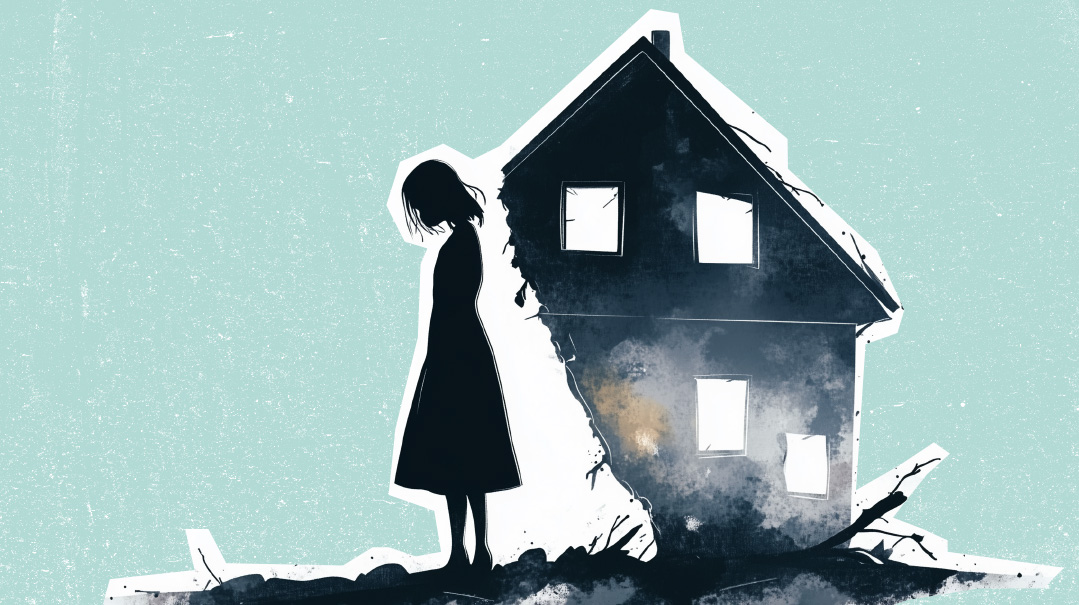“Is Depression a Result of Bad Middos?”

Mental illness has nothing to do with character

Q
Is depression a result of bad middos? Does anxiety stem from lack of emunah?
In general, I would love to understand a bit more how overall character traits and personality tie into mental illness. Is there any relationship between a person’s level of character development and the presence of mental illness?
A
Let’s start with the easy part first: Illness is not a sign of bad middos. Headaches, digestive issues, heart conditions, and all other diseases and disabilities are challenges sent by Hashem. Mental illnesses such as psychosis, clinical depression, trichotillomania, panic disorder, post-traumatic stress disorder, generalized anxiety disorder, and all the rest are, similarly, challenges sent by Hashem. Mental illness has nothing to do with character. The question is, then, what is mental illness, and what is character?
This question needs to be asked because at this point in time, we don’t have blood tests, X-rays, brain scans, or other diagnostic procedures that can diagnose mental illness. The diagnosis is made through the process of professional psychological assessment.
Mental illnesses have been categorized according to their main symptoms, and someone who suffers from the illness must have a minimum number of such symptoms in order to receive the diagnosis. In addition, the symptoms need to cause clinically significant distress or dysfunction in order to be considered symptoms of mental illness. For instance, a person whose anxiety stops her from being able to hold down a job or leave her house has a condition that produces dysfunction and is therefore considered to be mental illness. A person who is unable to sleep peacefully all year because she’s worried about her child’s social life, may have a distress level that is severe enough to be indicative of mental illness.
Character Expression
As you know, we all suffer from low moods and high anxiety from time to time, and we may even become a little dysfunctional for a day or two (i.e., “I was so upset about it that I just canceled work and stayed in bed all day.”). However, one needs to have a serious, persistent pattern of suffering and/or disability before mental illness can be diagnosed. Otherwise, our angst is simply an expression of our character — the pattern of habitual thoughts, attitudes, emotions, and actions that make up our personality.
We can be guilty of pessimism (the habit of concluding that things won’t work out), worry (the habit of imagining unpleasant outcomes), rumination (the habit of mentally replaying stressful scenarios), irritability (the habit of focusing on the negative, responding without reflecting, communicating in an angry fashion), stinginess (the fear of giving), recklessness (the tendency to act before thinking), and all sorts of other character “flaws.”
Both our character strengths and our character weaknesses are partially inborn. We can, for instance, be born with a happy disposition, a generous nature, and a natural confidence, or we might be born with a streak of jealousy, a high level of intolerance, and a chronic insecurity. We can even be born with a character disorder — a pattern of rigid, pervasive dysfunctional traits known as a personality disorder, which is actually a form of mental illness.
In addition, our normal character traits are nurtured by our environment, which includes our parents, siblings, life experiences, culture, and community. In a healthy person, this means that our inborn tendencies are open to modification. For instance, a child’s tendency for reactive anger and aggressive behavior might be reduced by consistent education provided by patient parents.
Emotional Challenges
Worry, anger, and negativity in adults may stem from inborn tendencies that have not been corrected and instead are practiced (and thereby perfected) for decades, resulting in a lowering of mood and/or a rising of anxiety. While this can impair quality of life by leaving us stressed and unhappy, negative emotions do not, in and of themselves, lead to mental illness. Rather, other conditions such as genetic factors, medicines, physical illnesses, brain injuries, substances, or traumatic experiences need to be present in order to trigger mental illness — and this occurs only in a small percentage of the population.
The majority of people have emotional challenges without illness and have the ability to modify their characters to bring them more in line with the “Torah personality.” Faith and trust (emunah and bitachon), forgiveness, happiness, humility, respectfulness, sensitivity, and many other character traits are to be cultivated throughout our lifetime. Working on character improvement brings serenity and contributes to both good physical and mental health.
Nonetheless, even those who have excellent character can succumb to either physical or mental illness if that is Hashem’s Will. Fortunately, undertaking treatment for mental illness can allow a person to continue to do what we must all do: constantly work on improving our character.
(Originally featured in Family First, Issue 802)
Oops! We could not locate your form.





